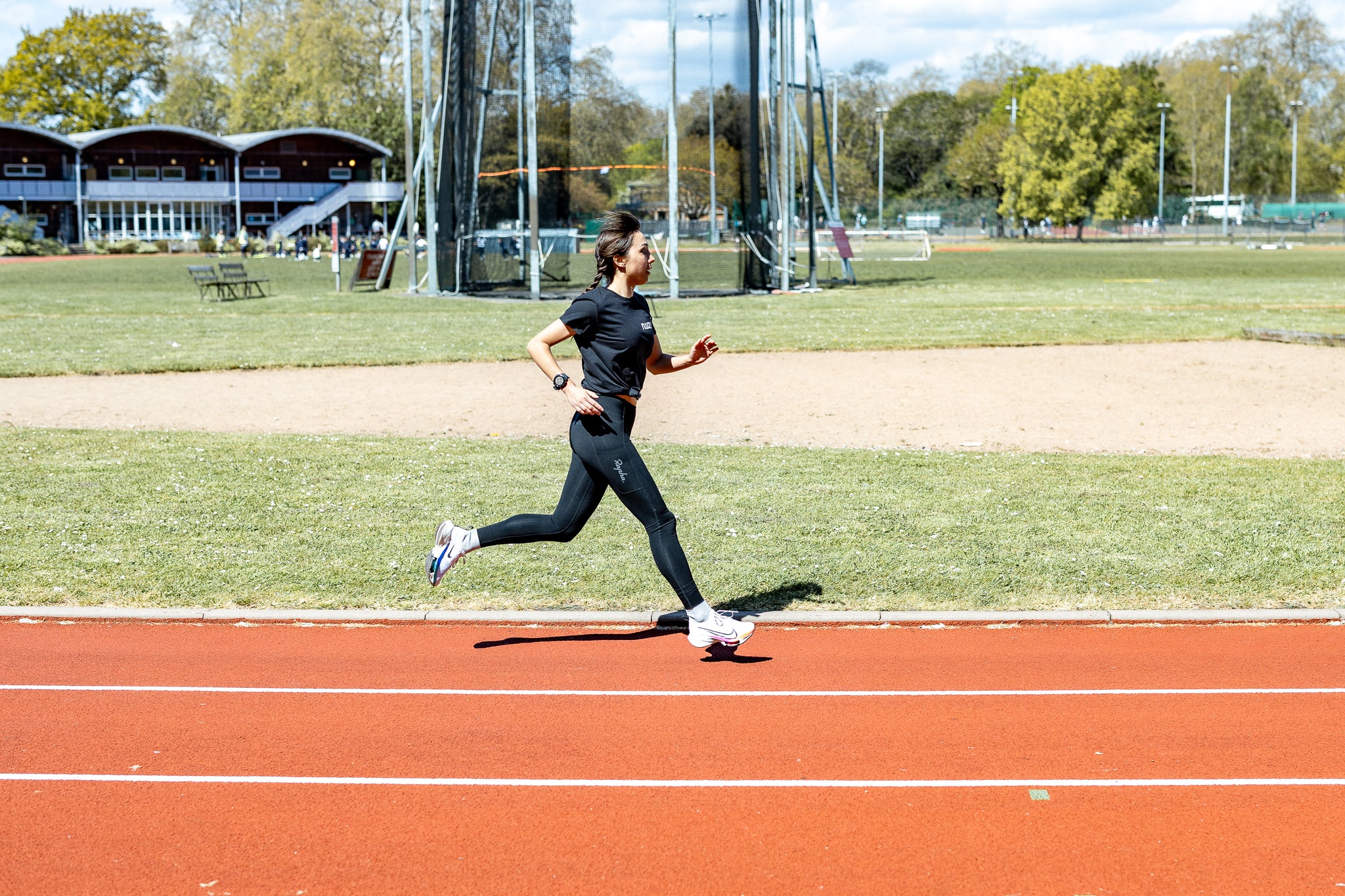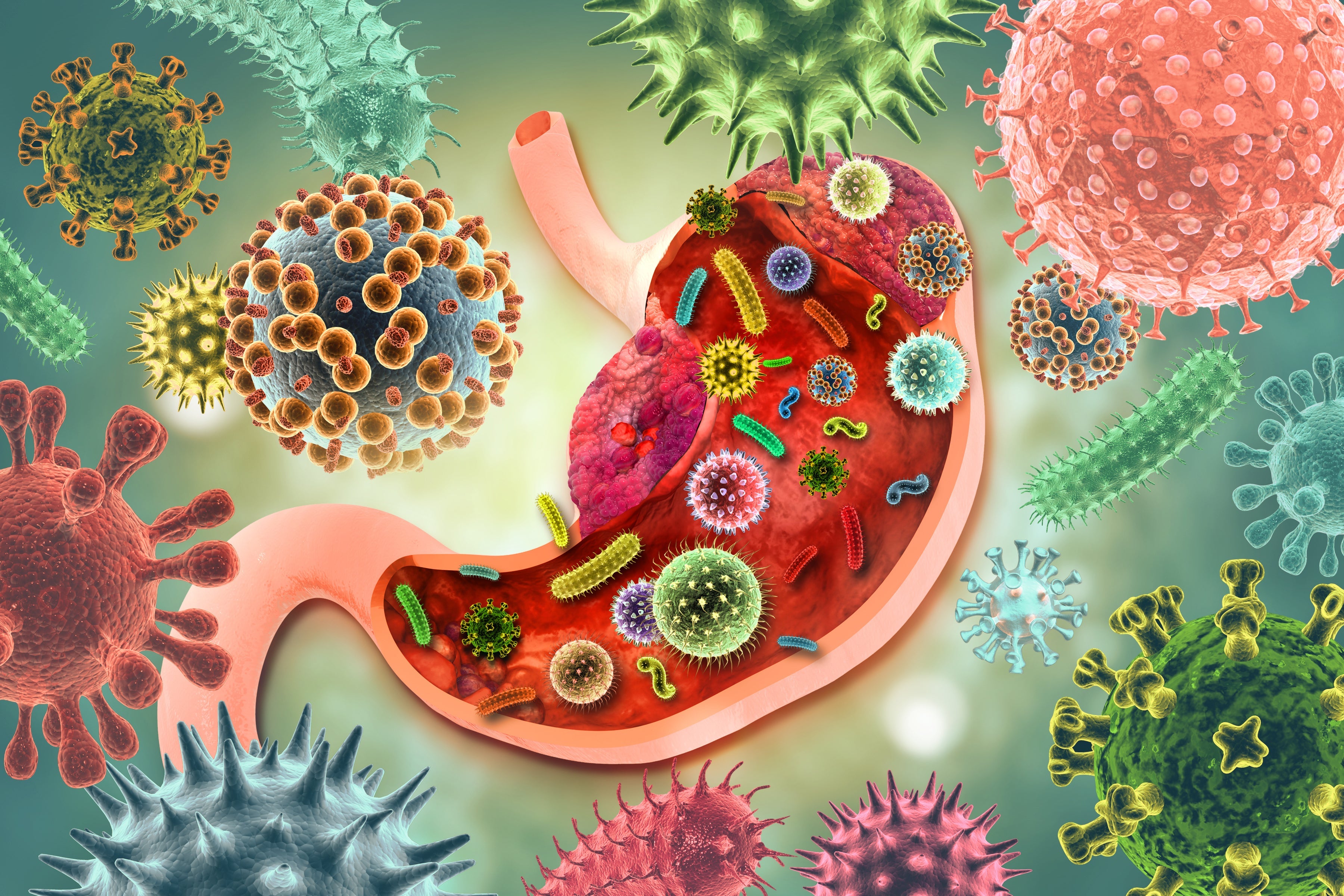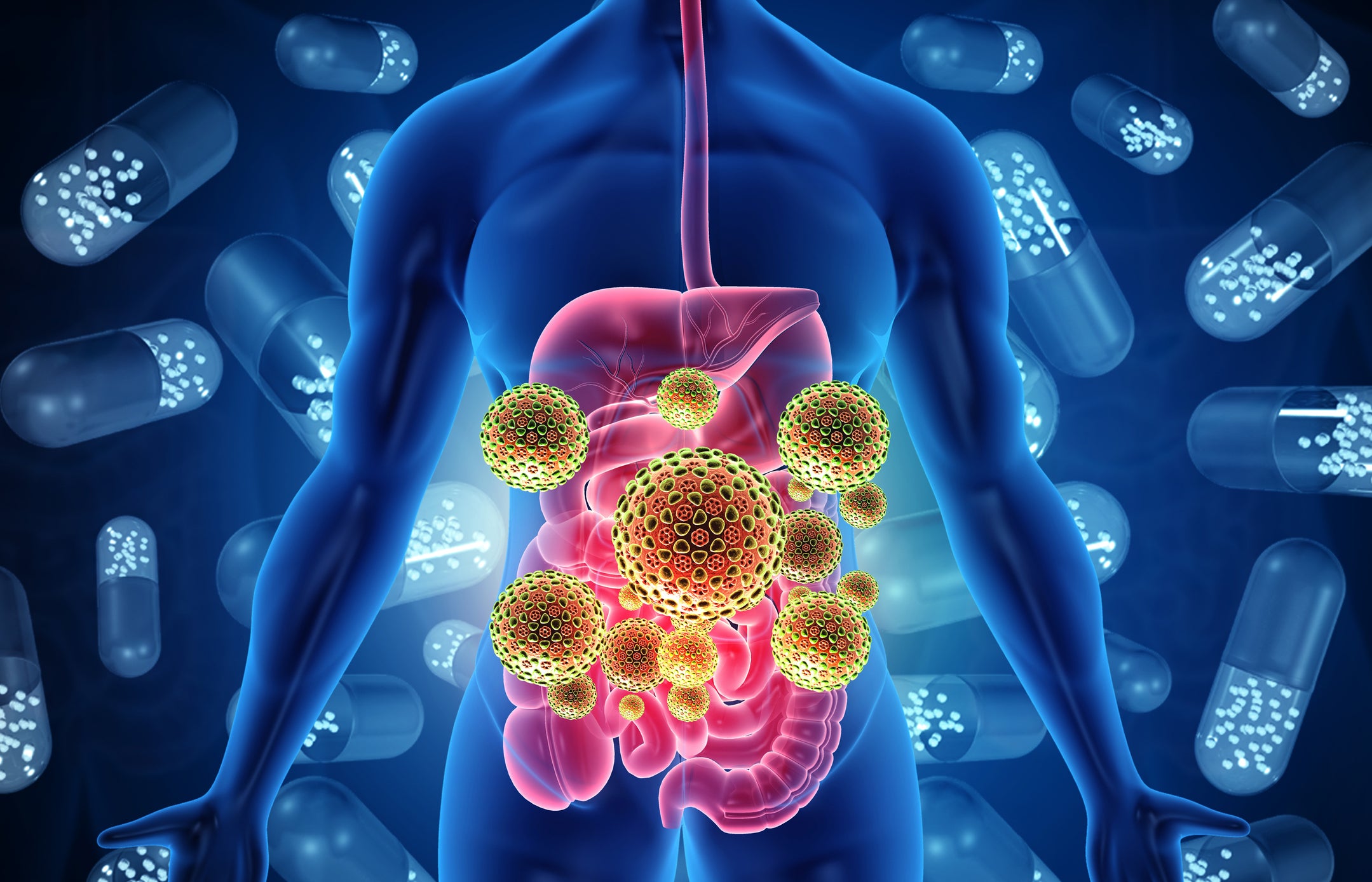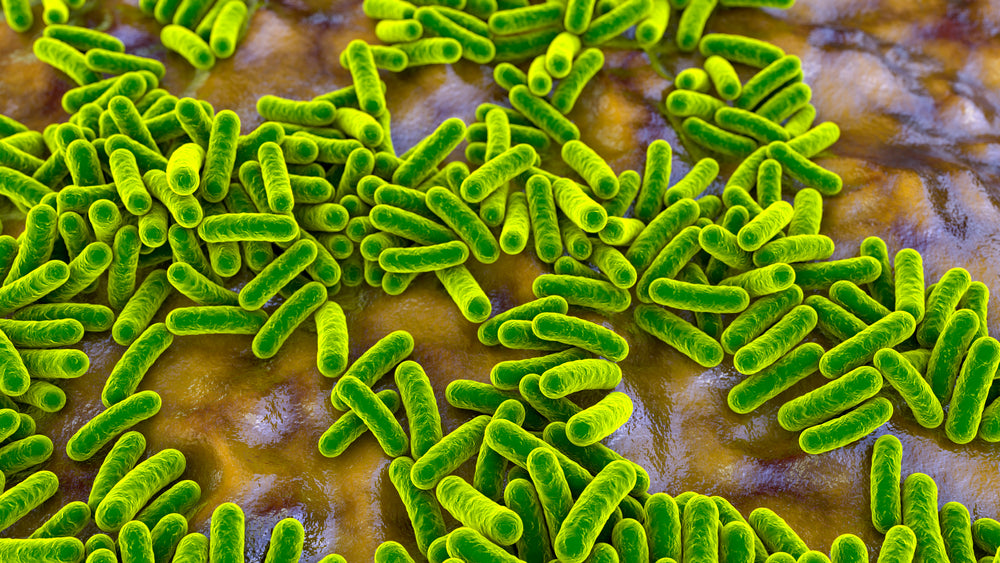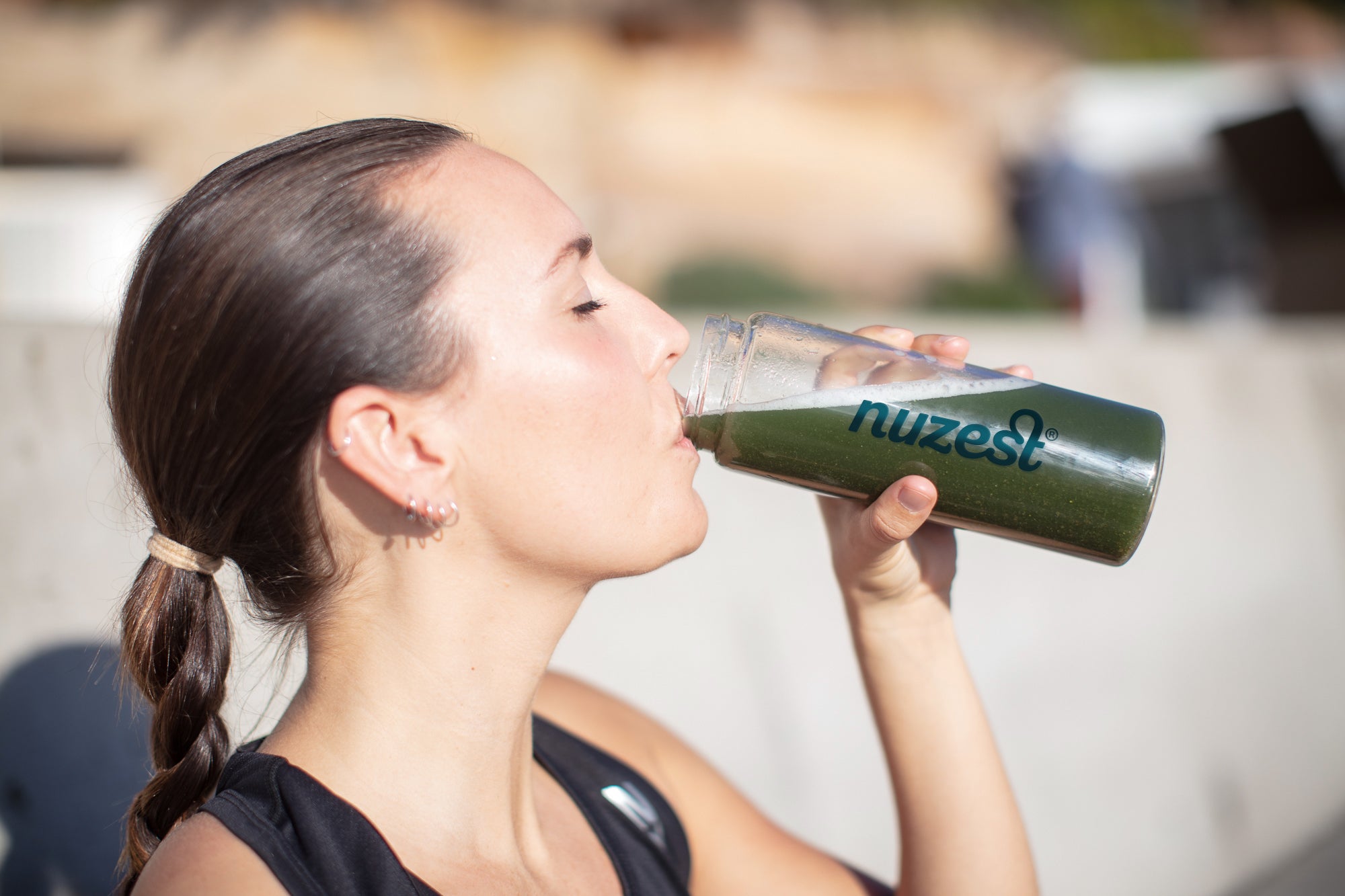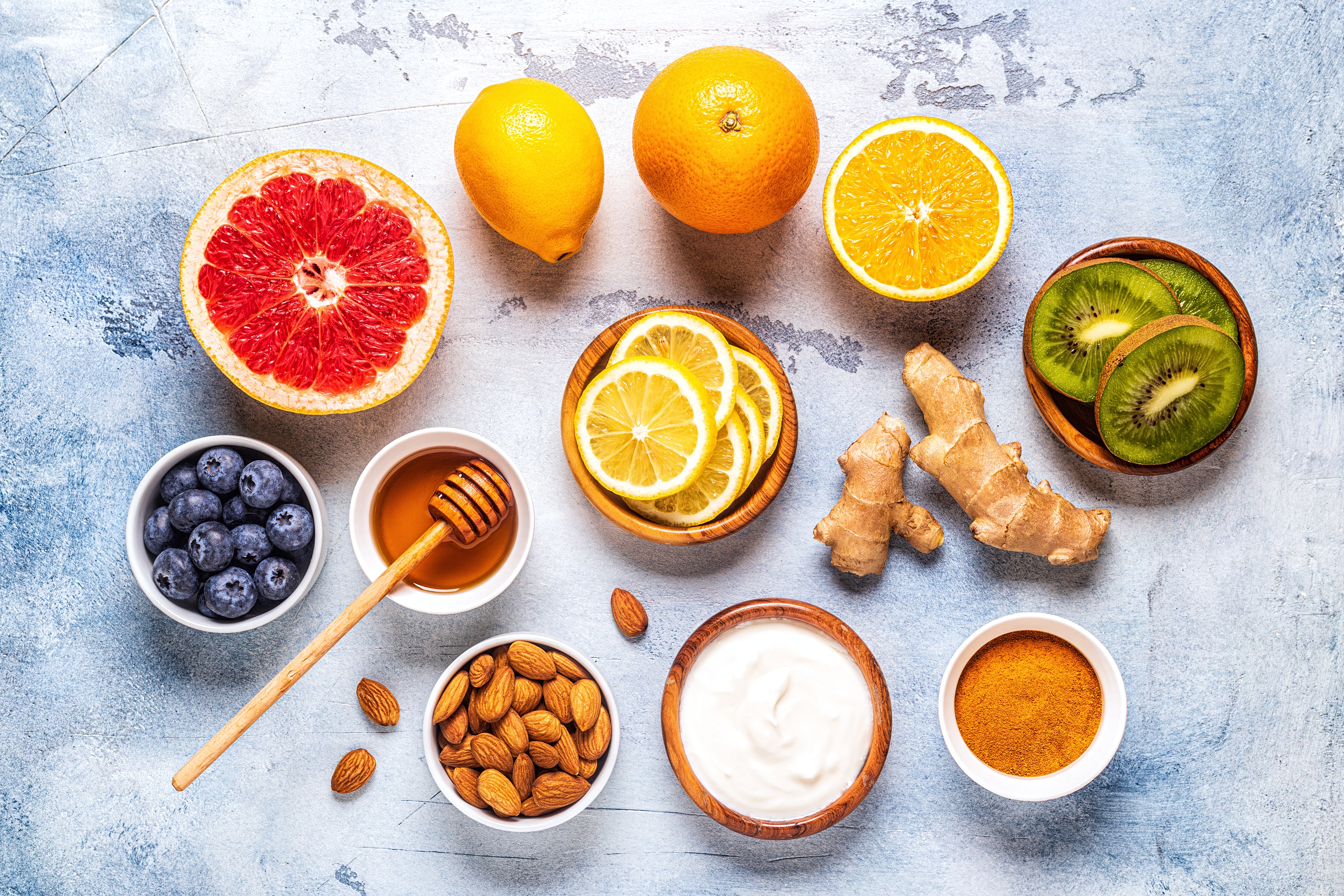By Enrico Fioranelli, CSCS, Certified Strength and Conditioning Specialist (@the_fitness_sensei)
Roughly 61% of the population in the United States experience gastrointestinal issues.1 With digestive issues being such a widespread problem, it is safe to assume that you or someone you know has digestive issues. When engaging in dietary and exercise programs, you should consider your gut health and if you suffer from any common digestive issues such as constipation, gas, or bloating, as well as diagnosed digestive conditions, including Crohn’s Disease, ulcerative colitis, diverticulitis, irritable bowel disease (IBD), irritable bowel syndrome (IBS), or any other digestive conditions. However, what considerations should you have and how do you treat these issues if you have digestive issues?
Does exercise help with digestive issues?
Let’s talk about the microbiome. Microbiota are the bacteria (and other microbes) that can be found both inside and outside of the body. Microbial diversity can be used as a marker for improved gut health. The more diverse the bacteria that are in your gut the better your body responds to different health issues.2
Can exercise cause digestive issues?
When dealing with digestive issues, it is common to stay stagnant and not change anything to ensure that you do not trigger your issues. Exercise is an activity that some people are concerned can trigger digestive issues. When exploring this, you should look at a two-fold approach as to how exercise may impact digestion negatively. The first factor is cortisol, which is the hormone in your body that controls your stress level. The second factor is the body's nutrient and hydration status. When exercising, you are creating a demand for nutrients and water. Increases and uncontrolled cortisol levels can impact a number of different health factors, not the least of which is intestinal issues. While cortisol can spike if you are overtraining, this tends to only happen in individuals that are training under extreme intensity.
It is highly unlikely that doing vigorous exercise will cause digestive issues. The way that your body responds to exercise will be determined by your current fitness level and the exercise intensity. There is very little likelihood that you will cause a significant increase in your cortisol levels from exercise, however it can happen in some cases where you go from a sedentary lifestyle into a rigorous exercise program, or when you change the type of exercise you are doing, and jump into high levels of another exercise type; for example, you may experience this when transitioning from bodybuilding type training and jumping into extreme crossfit workouts. It is more likely that your hormones will regulate better if you are exercising regularly.6 It is highly unlikely, but not impossible, for you to experience a spike in your digestive issues when exercising. If you are following a diet and exercise program that is tailored to you and you sure that you have the appropriate nutrients and amount of exercise, it can help with your underlying digestive problem.6 When you look into exercise’s impact on hormones, it has been shown to improve hormonal regulation.3
Which Exercises are Better for Digestion?
There is no research to indicate that specific movements have an impact on digestion. Being in better cardiovascular health has been shown to help improve digestion.7 There are several movements in yoga and Thai Chi that are expressed to aid in digestion, however the evidence supporting these claims is strictly anecdotal. These movements tend to emphasize the abdomen and at times involve twisting.
However, it should be stated that exercise, in general, is good for digestion. You should always listen to your body and pay attention to what makes you feel good. For some people, focusing on breathing exercises will do amazing things to benefit digestion, and for others a more rigorous cardiovascular exercise routine has been shown to help where breathing is more labored. Beyond this, simply having increased muscle mass has been shown to aid in digestion.2;3 Having improved fitness, maintaining a lean body composition, and regular cardiovascular exercise will help your gut health, by promoting microbiome diversity.2, 3
It is more important to make sure you exercise than concern yourself with what type of exercise you are doing or emphasizing specific movements for “gut health.” This is particularly true when you explore the twisting movements said to aid in digestion. Many individuals with digestive issues experience bloating; for those individuals with bloating, the twisting movements often said to aid in digestion can actually be painful and might not be the best method of exercise. Exercise selection is very specific to the individual and you always need to listen to your body, especially if you experience digestive or gut issues or have an underlying digestive condition.
What is the importance of protein when working out?
Protein is a vital part of any diet, especially if you are following an exercise protocol. There is massive variation in protein recommendations from .75 g of protein per kg of body weight9 to prevent muscle breakdown to 1 g per lb of body weight to optimize peak performance especially when exercising in a caloric deficit as commonly recommended to lose weight.4It is also supported to have as much as 1.8 grams of protein per kg per day to support muscle and bone health.8With such a discrepancy, it is important that you listen to your body and pay attention to how your body feels.
Protein helps cognitive function, muscle repair, and promotes bone health. Exercising utilizes nutrients in your body, including protein. When you exercise, especially via resistance training, you are placing stress on the muscular system, which then needs to be repaired, and protein consumption is a vital component to muscular and skeletal repair.
Why pea protein?
Pea protein is satiating5 and it has great bio-availability, which means you absorb the protein in the body. Pea protein is a favorite for those who follow a vegan or vegetarian diet, as well as those who are omnivores. Due to it being lectin free, free from common allergens, low in phytates, and free of artificial flavors and ingredients, Clean Lean Protein in particular is a protein supplement that can fit into a diet specific to those with digestive issues.
Exercising can improve your overall microbiome, by increasing the diversity of it. Exercise, regardless of type, can help improve your digestive health. Both performing cardio exercise and having more muscle mass improves microbial diversity, which aids in digestion. Exercise utilizes certain nutrients; if you do not eat appropriately for your body and activity level, that can cause digestive issues.
References
1 https://www.practiceupdate.com/content/prevalence-of-gastrointestinal-symptoms-in-the-general-population-of-the-united-states/749682 https://pubmed.ncbi.nlm.nih.gov/27782912/
3 https://www.mayoclinic.org/healthy-lifestyle/stress-management/in-depth/stress/art-20046037#:~:text=Cortisol%20also%20curbs%20functions%20that,reproductive%20system%20and%20growth%20processes
4 https://www.ncbi.nlm.nih.gov/pmc/articles/PMC4033492/
5 https://pubmed.ncbi.nlm.nih.gov/25882536/
6 https://link.springer.com/article/10.2165/00007256-200232130-00005#citeas
7 https://www.ncbi.nlm.nih.gov/pmc/articles/PMC7145029/
8 https://onlinelibrary.wiley.com/doi/abs/10.1111/j.1532-5415.2009.02285.x
9 https://www.arlafoodsingredients.com/the-whey-and-protein-blog/research/protein-requirements-where-are-we-now-and-where-do-we-go-from-here/#:~:text=The%20World%20Health%20Organization%20(WHO,the%20world's%20healthy%20adult%20population.




